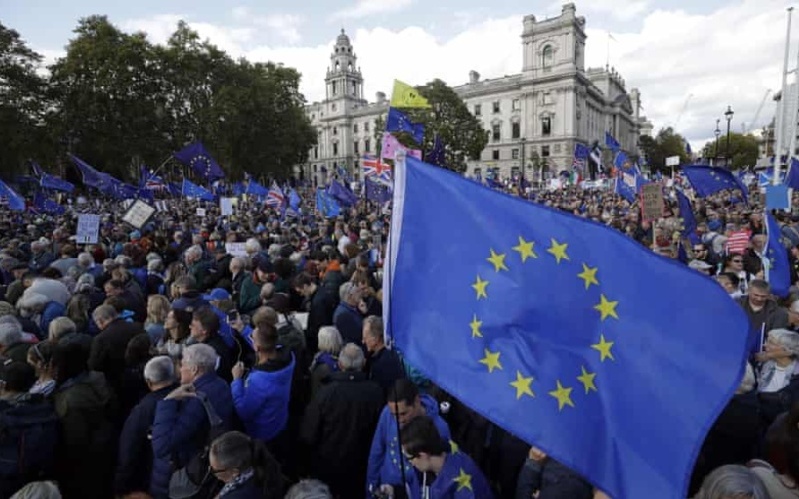“Europe will be forged in crises, and will be the sum of the solutions adopted for those
crises.” — Jean Monnet
But is Europe still “the sum of the solutions”?
The EU has been experiencing multiple crises and increasing politicization. The economic and financial turmoil of 2008 has steadily fostered a decline in public support for the EU. The bloc has been portrayed as split along north–south lines and, more recently, by “frugal” states contesting the post-pandemic Recovery Fund. There is democratic backsliding across post-communist member states such as Poland and Hungary.
Poland’s People Support the EU — The Issue is the Polish Government
The EU has launched the Conference of the Future of Europe, and debates have already broken out over the initiative. Will the work of the participants feed into the future of the EU? Or is the conference just fuelling frustration? Is the EU really listening to people’s voices?
From the the strengthening of the EU through crises to its slow, minimalist, reactive response and lack of leadership, the issue is a matter of trust.
Why Trust?
Political trust is necessary for a diffuse support of the foundation of institutions. The economic and financial crisis eroded that trust in national institutions and could have a contagion effect towards the EU, as in the Spanish case.
When we compared European Bank data in 2007 and 2018, looking across the eastern, southern, and western regions of the EU, we found an erosion of trust. That ran counter to recurrent crises in the history of European integration which were perceived as a window of opportunity. Even though trust in the EU is still increasing, it is losing ground compared to the trend of previous years.
So where do we start in recovery?
*Education is likely to be a critical and positive factor across Western and
Eastern Europe.
*But national identity is consistent across Western Europe in its negative effect.
*And the affective dimension is always the most significant, above all in Southern Europe: are people emotionally confident that the EU is an institution showing care and concern?
See also Poland’s People Support the EU — The Issue is the Polish Government
Unsurprisingly, both affective and utilitarian dimensions are significant for trust — a trust which is still increasing, but slowly losing ground compared to pre-crisis years.
A simple but vital lesson for Brussels: amid the headlines from the Eurozone to Brexit to the legal and social challenges in Eastern Europe — don’t lose sight of the people.

